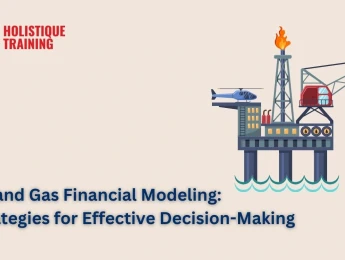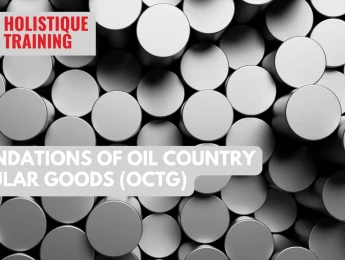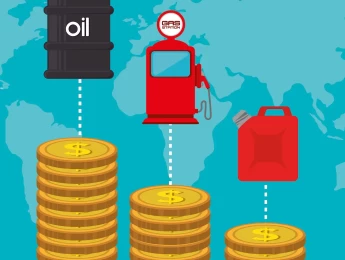This comprehensive course combines key elements from petroleum refining, production planning, scheduling, yield optimisation, loading master responsibilities, operational excellence, chemical spill response, and waste management. It is designed to provide professionals with a holistic understanding of refining processes, safety protocols, environmental management, and operational efficiency.
Upon completion of this course, participants will be able to:
- Optimise petroleum refining and production processes.
- Develop robust safety and emergency response plans.
- Implement best practices for waste management.
- Enhance operational excellence in petrochemical industries.
- Master the logistics of oil, LNG, gas, and petrochemical loading and unloading.
This course is intended for:
- Refinery managers and supervisors
- Production planners and engineers
- Health, Safety, and Environment (HSE) officers
- Chemical spill response teams
- Waste management professionals
The course employs a mix of lectures, interactive discussions, case studies, group activities, and hands-on workshops. Participants will engage in simulations, role-playing, and real-world scenario analysis to reinforce learning and ensure the practical application of concepts. Access to digital resources and post-training support will also be provided to facilitate continuous learning and implementation.
Day 5 of each course is reserved for a Q&A session, which may occur off-site. For 10-day courses, this also applies to day 10
Section 1: Petroleum Refining and Yield Optimisation
- Introduction to petroleum refining processes
- Production planning and scheduling
- Yield optimisation techniques
- Case studies and practical applications
Section 2: Operational Excellence
- Principles of operational excellence in refining and petrochemicals
- Performance metrics and continuous improvement
- Implementing Lean and Six Sigma in refinery operations
- Best practices and success stories
Section 3: Safety and Spill Response
- Hazardous materials identification and safety measures
- Spill prevention and control strategies
- Incident response planning and execution
- Personal protective equipment (PPE) and first aid
- Real-world spill response case studies
Section 4: Environmental Management
- Solid and hazardous waste management principles
- Waste minimisation and recycling techniques
- Regulatory compliance and environmental impact assessments
- Developing and implementing waste management plans
- Sustainable practices in petrochemical industries
Upon successful completion of this training course, delegates will be awarded a Holistique Training Certificate of Completion. For those who attend and complete the online training course, a Holistique Training e-Certificate will be provided.
Holistique Training Certificates are accredited by the British Assessment Council (BAC) and The CPD Certification Service (CPD), and are certified under ISO 9001, ISO 21001, and ISO 29993 standards.
CPD credits for this course are granted by our Certificates and will be reflected on the Holistique Training Certificate of Completion. In accordance with the standards of The CPD Certification Service, one CPD credit is awarded per hour of course attendance. A maximum of 50 CPD credits can be claimed for any single course we currently offer.
- Course Code IND1 - 138
- Course Format Online, Classroom,
- Duration 10 days












